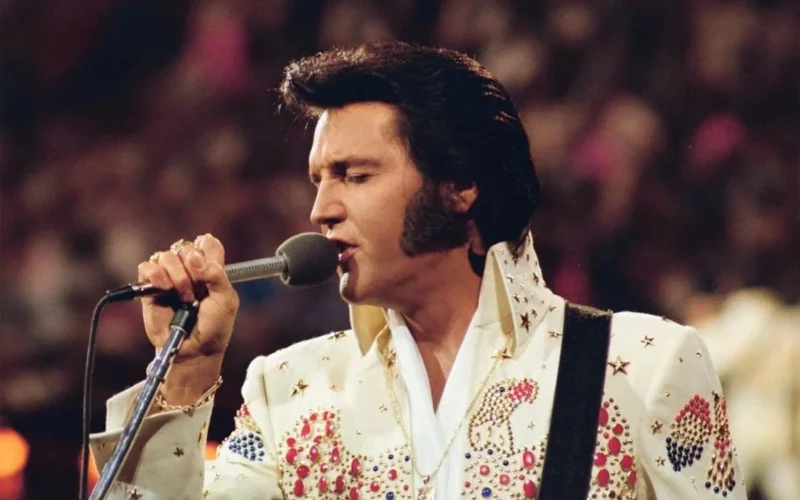Françoise Hardy, the esteemed French icon and singer, achieved her breakthrough in the transformative year of 1963. It was during this time that she emerged as a captivating figurehead of the influential musical movement known as yé-yé.
Gaining its name from the chorus of Gillian Hills’ ‘Zou Bisou Bisou’, the yé-yé movement was a style of French pop music that emerged during the 1960s that combines emotion with sensuality. The movement was characterised by its youthful and energetic spirit, drawing inspiration from various genres such as rock and roll, beat music, and French chanson. The lyrics predominantly revolved around themes of love, relationships, and the experiences of teenagers and young adults. The music was often accompanied by simple and infectious melodies, catchy hooks, and a sense of carefree enthusiasm.
Several notable French artists rose to prominence during the yé-yé era, including Sylvie Vartan, France Gall, Sheila, and of course – Françoise Hardy. These artists became icons of the movement, captivating audiences with their charm, style, and melodic pop songs, showcasing the rise of female artists, who became powerful figures in the French music industry at a time when female voices were becoming more prominent globally.
At the end of the ’60s, after the flames which once ignited the yé-yé movement dimmed, Hardy began exploring and experimenting with different genres and styles, which most notably came through on her 1971 album La question. Her charm, elegance, talent, and intelligence led to her becoming inspired by those who followed, such as Jane Birkin, and she quickly became the muse for many, including Bob Dylan.
In 1967, one French publication claimed that “[Hardy’s] becoming a universal myth with whom thousands of young girls dream of identifying.” Her je ne sais quoi undoubtedly sparked the fascination with Parisian tropes that we still see today: French singers and actors across the board often emulate some level of this kind of mystique – from Lily-Rose Depp to Louise Verniul – whether intentionally or unintentionally. Hardy’s influence on this subculture is unparalleled: her images have been immortalised so much in mainstream media that even those who don’t know exactly who she is will likely recognise her face. She is the blueprint, through and through.
But, those who become legacies often recognise the shoulders on which they stood: Hardy is very open and honest about those who influenced her. One of the many of those who caught her attention enough to inspire her writing was none other than Elvis Presley. Speaking to Pitchfork in 2018, Hardy opened up about his influence on her personally and professionally: “Elvis Presley was an important influence, and we all love him very, very, very much.”
One of the songs that inspired her to write her own song was Presley’s ‘Where Do You Come From’. She said: “I wrote a song called ‘All Over the World’, which was influenced by this kind of ballad so much that the British musician I was working with, Charles Blackwell, put choirs behind me to sound exactly like [Presley’s background singers] the Jordanaires. […] Back in the ’60s, when he wasn’t performing, I always said, ‘The day Elvis comes back to the stage, I will go to see his show.’ When it happened, at the beginning of the ’70s, I made the trip to Las Vegas. I was not disappointed at all. I was amazed.”






